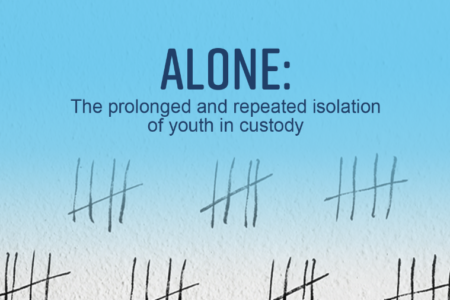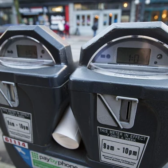Minimum wage earners in BC get a slight bump up with government announcement
The B.C. government increased the minimum wage to $10.45 per hour effect September 15 of this year said Minister for Jobs, Tourism and Skills Training, and Minister Responsible for Labour, Shirley Bond Thursday.
At the same time, Bond said the wage for liquor server will get bumped up from $9.00 to $9.20 per hour.
“Raising the minimum wage allows B.C. to keep pace with minimum wages in the rest of Canada while maintaining our competitiveness,” Bond said.
“We remain focused on our plan to grow B.C.’s diverse economy to encourage investment that leads to high-paying, family supporting jobs.”
The group defending the common worker is disappinted the minimal increase.
President of the BC Federation of Labour president Irene Lanzinger said Today’s announcement guarantees that hundreds of thousands of British Columbians will continue to live in poverty for years to come.
“Lifting the minimum wage to $10.45 is nowhere close to the increase that is needed – and indexing a poverty wage only entrenches people in poverty.”
The BC Federation of Labour has been calling on the government to lift the minimum wage to $15/hr, a wage that would lift a full-time worker above the poverty line.
Bond said the government is committed to reasonable and predictable yearly minimum wage increases linked to B.C. CPI (Consumer Price Index).
She said going forward, from 2016 onward, the minimum wage will be determined using a formula calculated upon the percentage the B.C. Consumer Price Index (CPI) increased in the previous calendar year.
In years where there is a negative CPI change, the minimum wage would stay the same.
“We continue to work hard to remove barriers and open up new opportunities to move people up the income ladder,” Bond explained.
“Increasing the minimum wage is one of many tools, including tax policy, social supports, education and training that help British Columbians.
“This week we announced a new Single Parent Employment Initiative with significant changes to the income and disability assistance program that will help single parents transition into the workforce by allowing them to stay on assistance for up to 12 months while they train for their new job,” Bond added.
“We’ve also raised the earning exemption for families on income assistance, allowing a person to earn more money from a job without jeopardizing their full provincial support payments.”
Lanzinger also pointed out that there was no formal consultation on the government announcement.
“We have been actively lobbying, but never did the government engage in public, thoughtful consultation with stakeholders on what the wage should be.”
“The government needs to change course. BC’s overall poverty rate in second highest in the country,” said Lanzinger. “Increasing the minimum wage is a vital step in a poverty reduction plan.”
Currently in B.C., people earning minimum wage represent 110,400 employees, or 5.9% of the paid workforce, below the national average of 7.2%.
Of those B.C. employees earning minimum wage during 2014:
- 100,800 (91%) worked in the service producing sector.
- 62,500 (57%) were part time workers.
- 7,800 (7%) were defined as being the head of the family.
- 57,800 (52%) lived with their parents.
- Of the minimum wage earners living with their parents, 47% were attending school.
Quick Facts:
- B.C.’s average hourly wage is fourth-highest in the country at $24.91 and has been increasing for the last 10 years.
- At 5.6%, B.C.’s unemployment rate is third lowest in the country.
- The youth unemployment rate is 10.6% and is also third-lowest in the country.
- The average hourly youth wage is $14.86.
- 5.9% of B.C.’s paid workforce earn minimum wage, below the national average of 7.2%.
- The 5.9% of people earning minimum wage represents 110,400 BC employees.
- 57 % of minimum wage earners were part time workers.
- Only 7% of minimum wage earners were defined as being the head of the family.
- 52% of minimum wage earners lived with their parents. Of the minimum wage earners living with their parents, 47% were attending school.



























